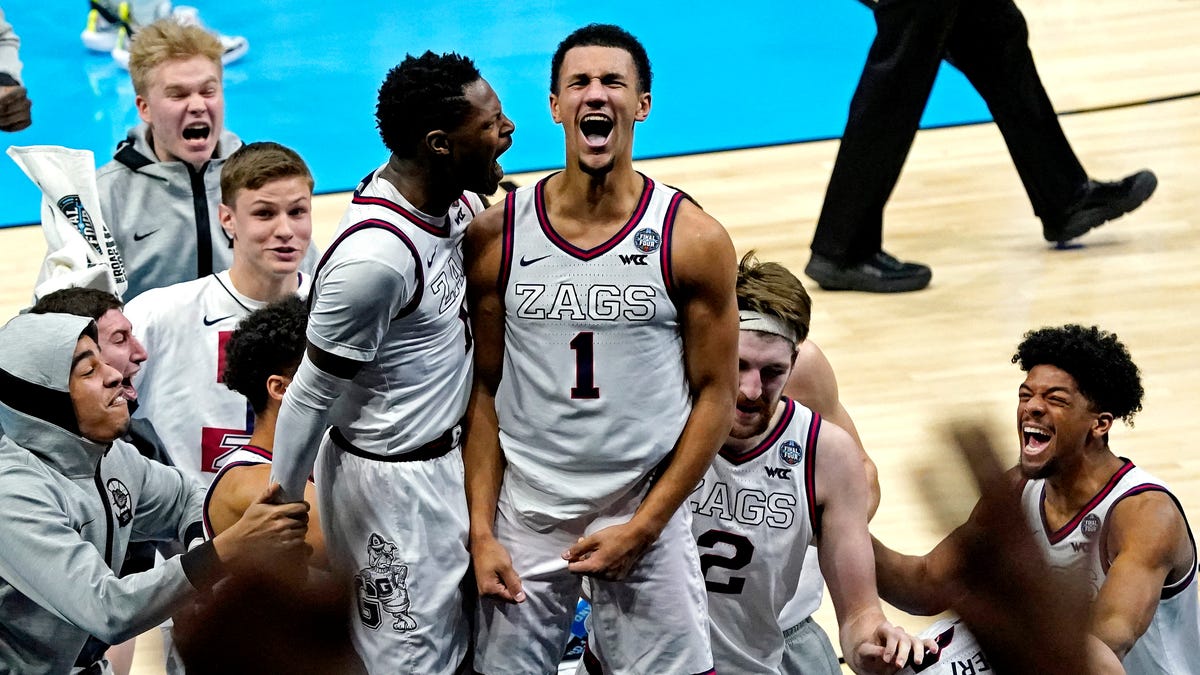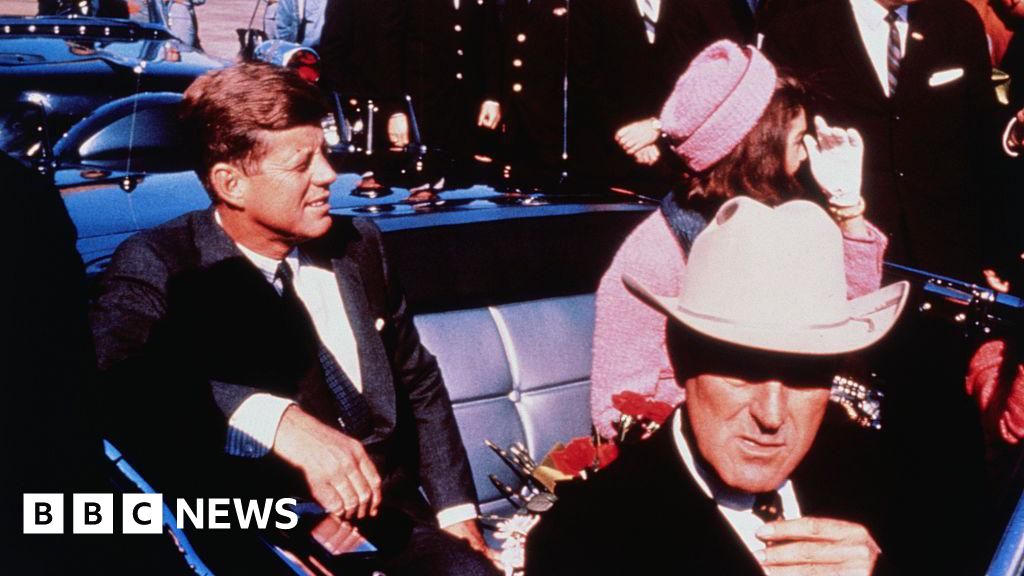Trans teen publishes children’s book about inclusivity
This transgender teen co-wrote “A Kids Book About Being Inclusive” with the hopes of inspiring children everywhere.
Staff Video, USA TODAY
Laurel Hubbard’s journey to the Tokyo Olympic Games goes far beyond medals and athletic performances. Her selection to New Zealand’s weightlifting team is an affirmation of her decision to live authentically as a transgender woman.
Hubbard became perhaps the first openly transgender woman to individually qualify for the Olympics, even though the Games have had an inclusion policy for trans athletes since 2003. She lifted a net weight of 628 pounds across two lifts to qualify and will enter the Games ranked fourth among women’s weightlifters weighing more than 192 pounds.
Hubbard is the oldest weightlifting qualifier at 43 years old, and in 2018, she sustained a gruesome broken arm during a snatch at the Commonwealth Games that could have been a career-ending injury.
TRANS YOUTH: ‘It’s a life or death issue’: Trans athletes fight for their humanity
“I am grateful and humbled by the kindness and support that has been given to me by so many New Zealanders,” Hubbard said in a statement. “When I broke my arm at the Commonwealth Games three years ago, I was advised that my sporting career had likely reached its end. But your support, your encouragement, and your [love] carried me through the darkness.”
This landmark moment comes amid a slew of legislative attacks on transgender participation in youth and collegiate sports across the United States. Thirty-six states have introduced or passed bills that limit the ability of trans athletes to participate on teams that affirm their gender identity despite the damaging social and psychological impacts that LGBTQ+ advocates say exclusion can cause for transgender youth.
Hubbard began her transition eight years ago, and she is in compliance with all of the stringent rules that the International Olympic Committee places on transgender women. Athletes transitioning from male to female must declare their gender as female for a minimum of four years, demonstrate that their testosterone levels are below 10 nanomoles for a minimum of 12 months and maintain those levels throughout the duration of their eligibility to compete.
“We acknowledge that gender identity in sport is a highly sensitive and complex issue requiring a balance between human rights and fairness on the field of play,” said Kereyn Smith, chief executive of the New Zealand Olympic Committee. “We are committed to supporting all eligible New Zealand athletes and ensuring their mental and physical well-being, along with their high-performance needs, while preparing for and competing at the Olympic Games are met.”
Hubbard may not be the lone transgender athlete competing in Tokyo. Chelsea Wolfe, another transgender woman, will be an alternate on the United States’ BMX freestyle team, and Nikki Hiltz, who identifies as transgender and non-binary, is competing for a spot on the United States track and field roster. In 2020, Quinn, a member of the Canadian women’s soccer team, recently came out transgender and identifies as non-binary. Canada has not officially released its Olympic roster, but Quinn was a starter on the team that qualfied for Tokyo in January.
According to a Gallup poll conducted in May, 34% of Americans support the inclusion of transgender people in sports.
“I’m mindful I won’t be supported by everyone but I hope that people can keep an open mind and perhaps look at my performance in a broader context,” Hubbard told New Zealand news outlet Stuff. “Perhaps the fact that it has taken so long for someone like myself to come through indicates that some of the problems that people are suggesting aren’t what they might seem.”
Contact Emily Adams at eaadams@gannett.com or on Twitter @eaadams6.
Contributing: The Associated Press








